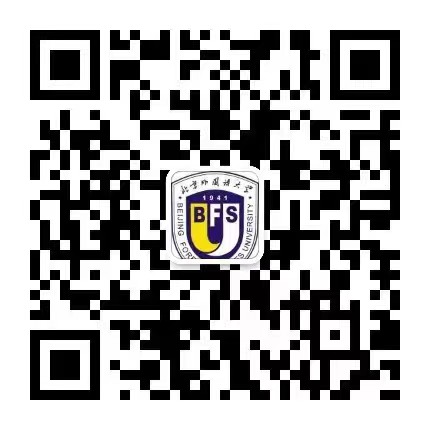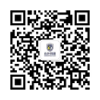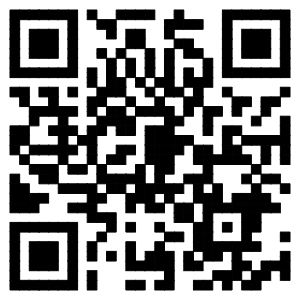在考研英语中,强调句一直是考试的一项重点,涉及到强调句的题型各种各样。特别是强调句中的it,用法灵活,考点众多。今天,北外网课(北京外国语大学网络课程)老师就整理了强调句中的it用法,供大家参考。
在表示强调的结构中,it 可用作先行代词,这种结构的句型如下:It +is/was +被强调的部分+that +其他部分。如果强调的部分是人,可用who, whom 代替that.
Professor Wang teaches us English everyMonday afternoon.
强调主语:It is Professor Wang who teaches us English every Mondayafternoon.
强调间接宾语:It is us whom Prof. Wang teaches English every Mondayafternoon.
强调直接宾语:It is English that Prof. Wang teaches us every Mondayafternoon.
强调状语:It is every Monday afternoon that Prof. Wang teaches usEnglish.
反意疑问句相当于“对不对?”“好不好?”“行不行?”,用yes或 no 回答。由两部分组成,前一部分是陈述句,后一部分是附加疑问短语,中间用逗号隔开,所以反意疑问句又叫附加疑问句。通常的形式是:肯定的陈述句+否定的附加疑问,或否定的陈述句+肯定的附加疑问。
He studies English, doesn’t he?
He doesn’t study English,does he?
They are from America, aren’t they?
They are not from America, are they?
反意疑问句的主要形式:
1.如果主句是be或其他助动词(如can,shall, will 等),其反意疑问句用同一助动词。
We are late, aren’t we?
You haven’t met my wife, haveyou?
He can drive a car, can’t he?
They used to have difficulty in just makingends meet, didn’t (usedn’t) they?
You’d better eat withknives and forks, hadn’t you?
2.如果主语带有seldom,hardly, never, rarely, few, little等否定词或半否定词时,因为主句本身具有否定意义,附加疑问部分的动词用肯定式
We seldom go to the cinema, do we? Sue almost never worked, did she?
如果主句部分是“I am…”结构,由于”am not”没有相应的缩略形式,附加疑问部分一般用aren’t I 代替。
I am your friend, aren’t I?
在祈使句中的附加疑问部分一般用will you, won’t you.
4. 在祈使句中的附加疑问部分一般用willyou, won’t you.
Sit down, will you?
Have some tea, won’t you?
这种句子可以理解为: Will you do something?否定的祈使句之后,只能用will.
5.以Let’s…开头的祈使句,肯定的用shall we? 否定的用allright? 或OK?
Let’s go back to ourseats, shall we?
Let’s not have hot foodthis time, OK? (all right?)
Shall we (do something?),
Let’s 与Let us 的区别:Let’s包括听话人在内,应用shallwe, 而Let us 不包括听话人在内,表示“请你让我们…”,要用will you.
Let’s watch the news onTV, shall we? (表示建议)
Let us watch the news on TV, will you? (表示请求)
6.主句是I suppose, Ithink, I believe等时,附加疑问部分则往往与that 从句中的主语和谓语动词保持对应关系,但要注意否定的转移。
I suppose that you know the meaning of theword, don’t you?
(这句话明显是要问“你是不是知道?”而不是问“我是不是这样认为?”)
7.当主句的动词have 表示“拥有”时,附加疑问既可用have, 也可用do,
ou have a color TV set, haven’t you/don’t you?
当主句的have不表示“拥有”而表示其他意思时,附加疑问要用do,
You had a cold yesterday, didn’t you?
They don’t have coffee withbreakfast, do they?
8.There be句型的反意疑问句,用there 作主语。
There is something wrong, isn’tthere? T
9.陈述部分的主语是everyone,someone, anyone, no one, nobody等不定代词时,其疑问部分的主语可用he, 也可用they.
Everyoneknows it, doesn’t he/don’t they?
 京公网安备 11010802024222号
京公网安备 11010802024222号




